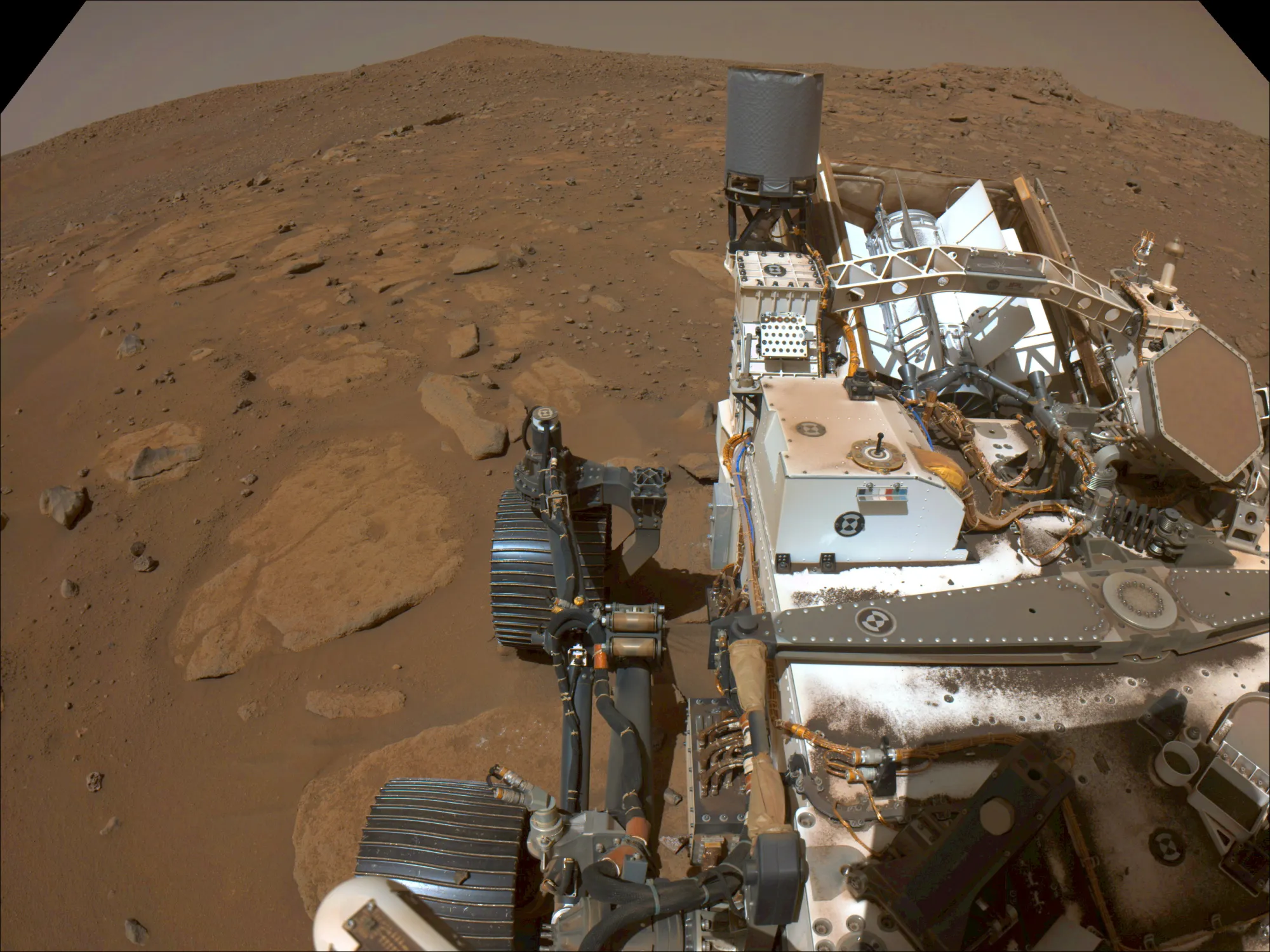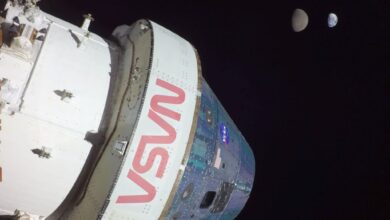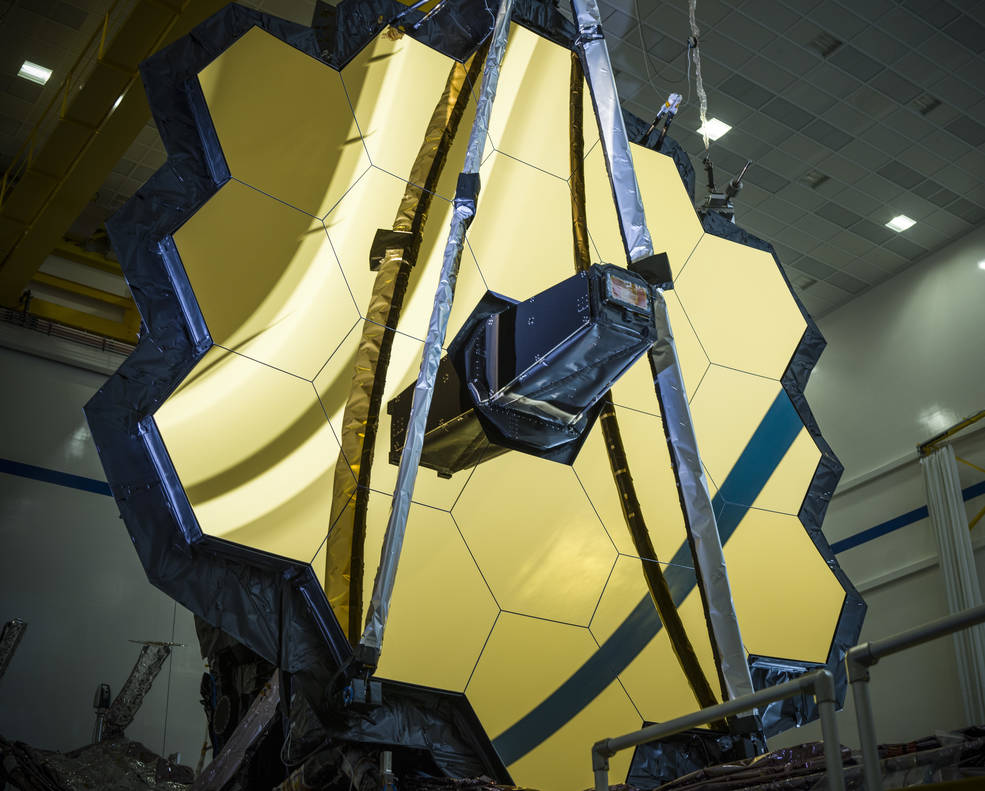NASA’s Mars Fleet Will Still Conduct Science While Lying Low

Rovers and orbiters will continue collecting limited data during a two-week communications pause due to the position of Earth, the Sun, and the Red Planet.
NASA will hold off sending commands to its Mars fleet for two weeks, from Nov. 11 to 25, while Earth and the Red Planet are on opposite sides of the Sun. Called Mars solar conjunction, this phenomenon happens every two years. The missions pause because hot, ionized gas expelled from the Sun’s corona could potentially corrupt radio signals sent from Earth to NASA’s Mars spacecraft, leading to unexpected behaviors.
That’s not to say those robotic explorers are on holiday. NASA’s Perseverance and Curiosity rovers will monitor changes in surface conditions, weather, and radiation as they stay parked. Although momentarily grounded, the Ingenuity Mars Helicopter will use its color camera to study the movement of sand, which poses an ever-present challenge to Mars missions. The Mars Reconnaissance Orbiter and the Odyssey orbiter will continue imaging the surface. And MAVEN will continue collecting data on interactions between the atmosphere and the Sun.
https://www.youtube.com/embed/TZw74PKoajU?feature=oembed&enablejsapi=1&html5=1&origin=https://www.nasa.govThis short video illustrates why communications between Earth and NASA spacecraft on Mars are paused during Mars solar conjunction. Credit: NASA/JPL-Caltech
While NASA usually receives health updates from the Mars fleet throughout conjunction, there will be two days when the agency will not hear from it because the Red Planet will be fully behind the disk of the Sun.
Once the moratorium (as the communications pause is known) ends, the orbiters will relay all the pending science data to Earth, and the spacecraft can begin receiving instructions again.
“Our mission teams have spent months preparing to-do lists for all our Mars spacecraft,” said Roy Gladden, manager of the Mars Relay Network at NASA’s Jet Propulsion Laboratory in Southern California. “We’ll still be able to hear from them and check their states of health over the next few weeks.”
For more about NASA’s Mars missions, visit:





